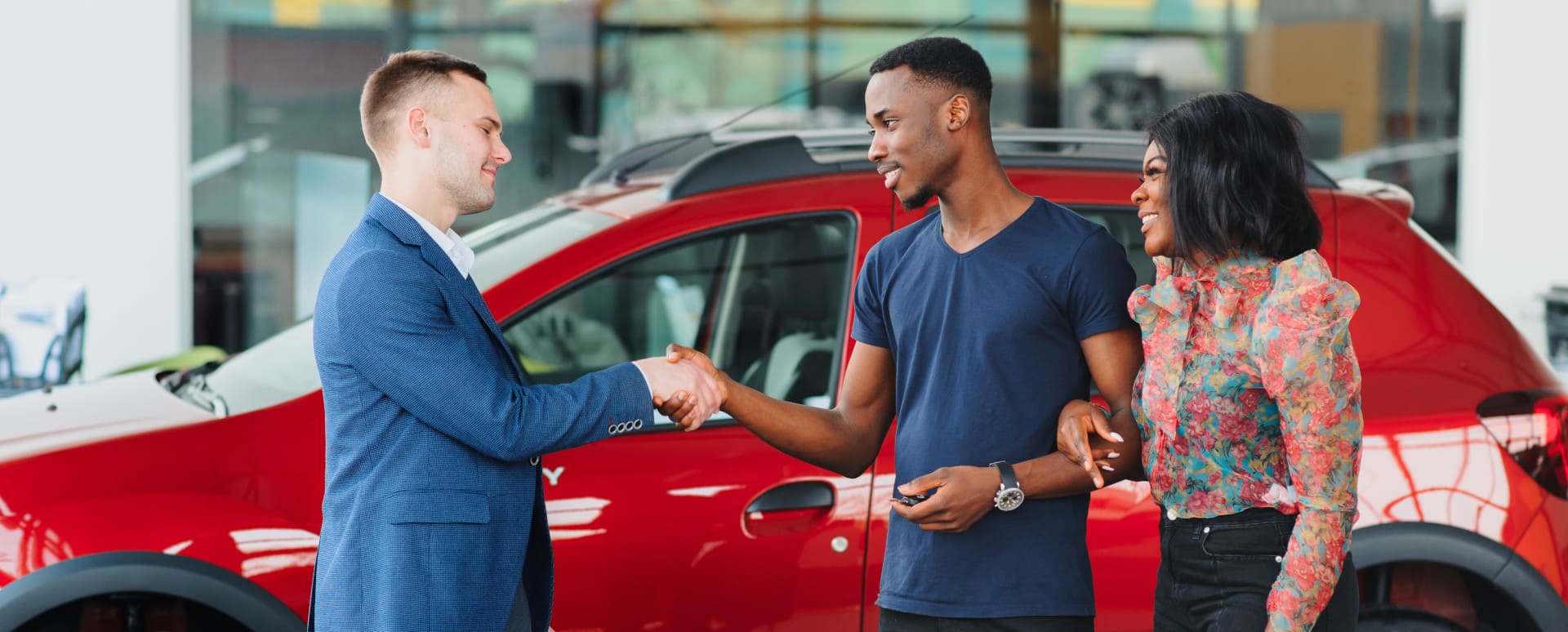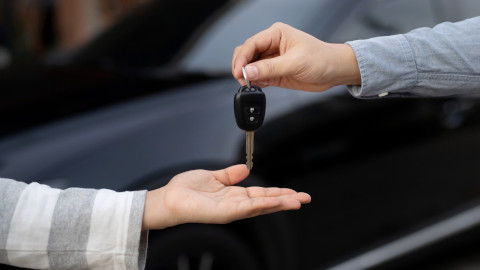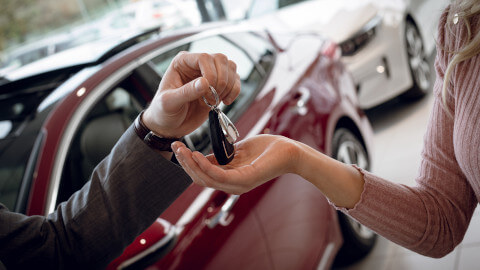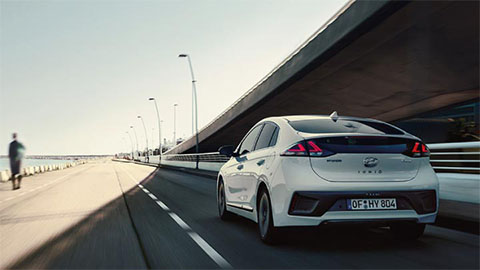What is Part Exchange for Cars, and How Does it Work?
29th Feb 2024
By Ellie Brown
What does part exchange mean?
When it comes to trading in your old car for a new one, you might have come across the term 'part exchange', but what exactly does this term mean?
When referring to cars, part exchange pertains to the process of using your used vehicle as a partial payment towards the purchase of a new one. It's a popular and convenient method that many car buyers opt for, making the transition to a new vehicle a simple and hassle-free process.
Our comprehensive guide will provide you with all the information you need about part exchange, including the advantages and disadvantages, and how to prepare your car should you choose to part exchange your car.
Contents
- How does part exchange work?
- How to prepare your car for part exchange
- Advantages of part exchange
- Disadvantages of part exchange
- Frequently asked questions
How does part exchange work?

When you decide to part exchange your vehicle, you can take it to a dealership where you intend to purchase a new car. The dealership evaluates your current vehicle based on various factors such as its make, model, age, mileage, and condition.
Once assessed, the dealership will offer you a trade-in value, which is then deducted from the total cost of the new vehicle. This reduces the amount you need to pay upfront. The dealership handles the paperwork involved in transferring ownership, streamlining the entire transaction.
This convenient method saves you the trouble of selling your car privately and simplifies the process of acquiring a new vehicle.
How to prepare your car for part exchange

Getting your car ready for part exchange can significantly impact its trade-in value. Begin by giving your vehicle a thorough clean, both inside and out. Fix minor issues, such as dents or scratches, to present it in the best condition possible.
Remember to also gather all relevant documents, including the service history and registration papers, showcasing your car's well-maintained status. Regular maintenance, like an oil change or brake check, can also enhance its appeal.
Providing a comprehensive set of records, including any recent repairs, demonstrates to the dealership that your car has been cared for. By presenting a clean, well-maintained vehicle with all necessary paperwork, you increase the likelihood of securing a favourable trade-in value during the part exchange process.
Advantages of part exchange

There are plenty of reasons why many drivers choose part exchange instead of simply selling their vehicle and buying a new one, including:
- Convenience: Part exchange simplifies the car-buying process by combining the sale of your old car with the purchase of a new one, all in one transaction.
- Financial Ease: It can provide a more straightforward way to upgrade to a new vehicle without the hassle of selling your current car privately.
- Negotiation: Using your old car as part of the deal may offer some room for negotiation on the price of the new vehicle.
- Scrappage Schemes: Some carmakers will offer extra financial incentives when trading in an older vehicle for a brand new one through a scrappage scheme.
- Safety and Security: Part exchanging your car with a reputable brand like Evans Halshaw means your funds will be transferred safely and securely into your bank account.
Disadvantages of part exchange

Where there are advantages, for some, there may also be a couple of drawbacks to part exchange, such as:
- Potential Lower Value: Dealerships may offer a lower value for your trade-in compared to what you might get in a private sale.
- Limited Options: You're restricted to the inventory available at the dealership, limiting your choices for the new car.
Frequently Asked Questions
Typically, you'll need your vehicle's registration documents, service history, and proof of ownership. Some dealerships may also ask for your driving licence.
It depends on your priorities. Part exchange offers convenience, while selling privately might yield a higher price. Consider your time, effort, and the trade-off between a simple process and potential financial gain.
Yes, it's possible. However, the outstanding finance needs to be settled either by you or, in some cases, incorporated into the finance agreement for the new car.
Yes, you can. If the trade-in value of your current car is higher than the cost of the new one, the difference might be used towards other expenses or as a down payment for the new vehicle.
Part exchange with Evans Halshaw
If you're set on part exchanging your vehicle, or you'd like to learn more about part exchange, simply contact your local Evans Halshaw retailer to get started and talk to the experts.
For more selling guides and buying advice, head over to our blog section, which is regularly updated with relevant tips and tricks to keep you informed.





